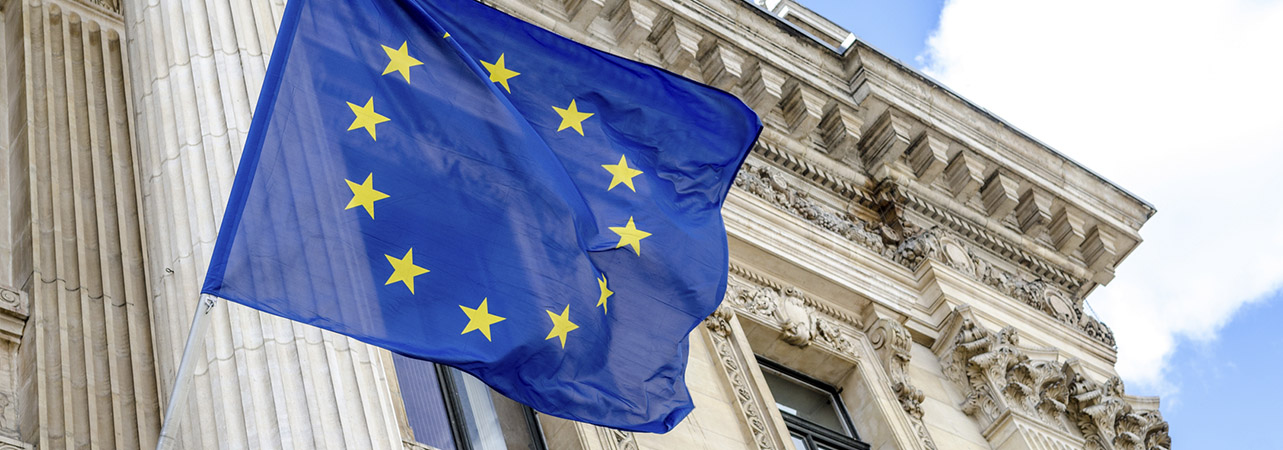October saw the UK plunge into election fever as progress on Brexit once again ground to a halt. Although Prime Minister Boris Johnson managed to reach a new Brexit Withdrawal Agreement with the EU, he failed to win Parliament’s support for his timetable. The Brexit deadline was extended until 31 January and a General Election was called for 12 December.
- The Fed cut interest rates once again
- Japan raised its consumption tax
- Hong Kong slid into recession
To view the series of market updates through October, click here
October saw the UK plunge into election fever as progress on Brexit once again ground to a halt. Although Prime Minister Boris Johnson managed to reach a new Brexit Withdrawal Agreement with the EU , he failed to win Parliament’s support for his timetable deal, and was forced to approach Brussels to request a second extension. The Brexit deadline was subsequently extended until 31 January and a General Election was called for 12 December . Over October as a whole, the FTSE 100 Index fell by 2.2% over October.
“The rate of economic growth in the US has moderated”
In the US, the Federal Reserve (Fed) reduced its key federal funds rate once again, cutting it by 0.25 percentage points to a range of 1.5% to 1.75%. Looking ahead, however, Fed Chair Jerome Powell indicated that the central bank has come to the end of its current loosening cycle, stating: “We see the current stance of policy as likely to remain appropriate”. The rate of economic growth in the US has moderated, dampened by the impact of the drawn-out trade conflict between the US and China, and inflation remains subdued. The Dow Jones Industrial Average Index rose by 0.5% during October.
At his final monetary policy press conference before he leaves his role as President of the European Central Bank (ECB), Mario Draghi warned that the eurozone’s economy faces a period of “protracted weakness”, exacerbated by a deteriorating global backdrop and Brexit-related uncertainty. Mr Draghi will be replaced as ECB President in November by Christine Lagarde, the former Managing Director of the International Monetary Fund (IMF). Germany’s benchmark Dax Index rose by 3.5% over the month.
As expected, Japan implemented its long-planned increase in sales tax on 1 October, raising its rate of consumption tax from 8% to 10%. The consumption tax was previously increased in April 2014 . The government has put in place measures to mitigate the higher tax’s impact on spending, including a reduced tax rate of 8% on certain purchases. Over October, the Nikkei 225 Index rose by 5.4%.
Hong Kong slipped into recession during the third quarter of 2019 as months of unrest undermined the territory’s economic activity. Having contracted at an annualised rate of 0.4% in the second quarter, Hong Kong’s economy shrank by 2.9% during the third quarter. The Hang Seng Index experienced a bumpy month , but ended October 3.1% higher.
A version of this and other market briefings are available to use in our newsletter builder feature. Click here








